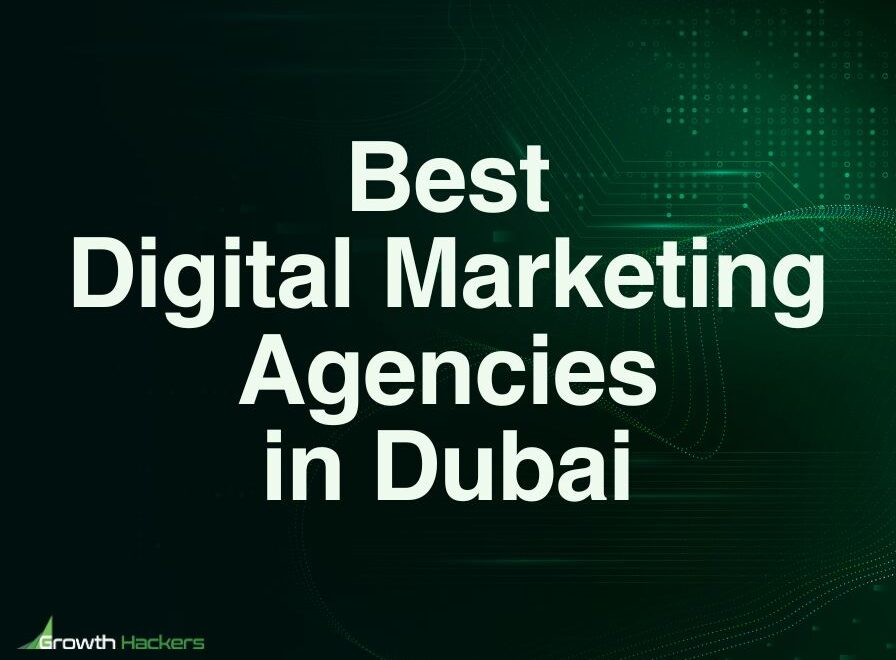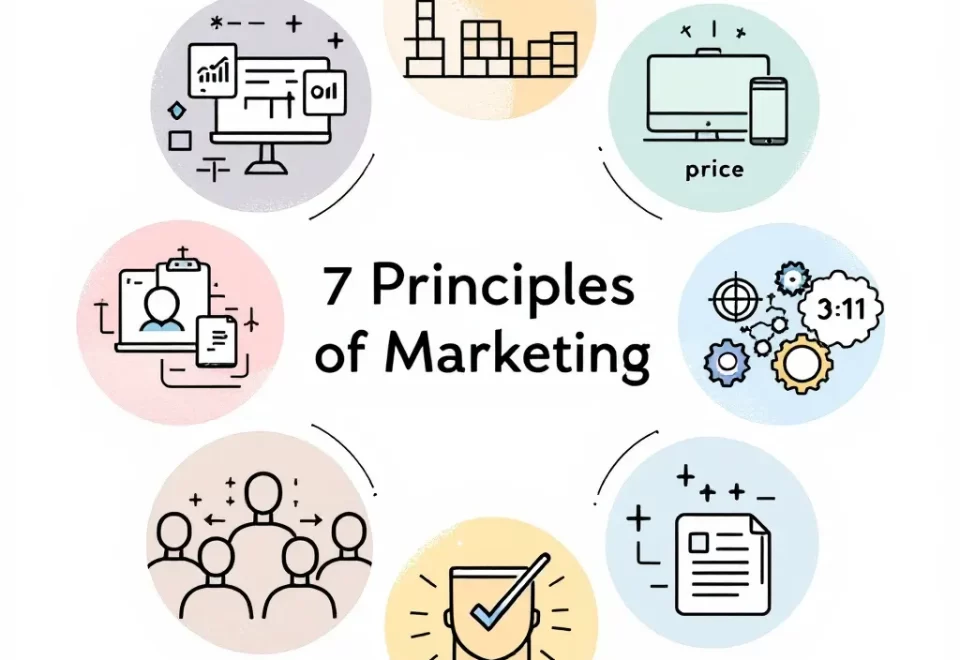Are you looking for ways to improve your online presence? If so, online presence management (OPM) may be the solution you’re looking for. This blog post will discuss what OPM is and how it can help businesses achieve their marketing goals. We’ll also provide tips on how business owners can start OPM. So, if you’re interested in learning more about this topic, read on!
What is Online Presence Management (OPM)?
Online presence management (OPM) is managing and controlling an individual or organization’s online reputation. It includes monitoring, identifying, and responding to online content about the individual or organization.
OPM is important for businesses because their online reputation can significantly impact their bottom line. A negative online reputation can lead to lost customers and revenue, while a positive online reputation can generate new business.
There are several ways to manage and control an online reputation. This can include creating positive content about your business, responding positively to negative comments, and engaging with online customers and fans.
What Are the Components of Online Presence Management (OPM)?
Your online presence is the total of how you appear online to customers, prospects, and other stakeholders. It’s important to take control of your online presence and manage it effectively because it can significantly impact your business.
An effective online presence management strategy should include the following components:
Web Portfolio Management
When it comes to your website, you must ensure it’s up-to-date, accurate, and informative. This means regularly reviewing and updating your content, keeping your design current, and ensuring that all of your links are working properly. Just as importantly, you need to ensure your website is optimized for search engines so that people can easily find it when looking for information about your business online. If your website is outdated or difficult to find, you’re missing out on a valuable opportunity to engage with potential customers.
Social Media Management
Social media platforms like Facebook, Twitter, Instagram, TikTok and LinkedIn offer businesses a great way to connect with their target audience and preserve your digital legacy. However, social media can also be a huge time sink if you’re not careful. To make the most of social media, you need to have a plan and a strategy for how you will use it to achieve your business goals. This means identifying the platforms most relevant to your business and creating engaging and informative content. It’s also important to monitor your social media channels regularly so that you can respond quickly to any type of comments or reviews. Different social media accounts will require different amounts of time and effort, but by managing them effectively, you can ensure they’re a valuable asset to your business.
Want to leverage online presence management to create a visible and powerful business?
Contact Growth Hackers
Local Search Management
If you want people to be able to find your business when they’re searching for local businesses, you need to make sure your business is visible in local search results. This means ensuring that your business is listed in online directories and that your website is optimized for local search.
Review Management
Online reviews are a powerful way to improve your business’s online presence. Review management is the process of monitoring and responding to online reviews. This can be done through various tools, such as Google My Business and Yelp. Responding to positive reviews can help show potential customers that you value customer satisfaction. Meanwhile, constructively responding to negative reviews can show that you’re willing to listen to feedback and make improvements.
Reputation Management
In the internet age, your reputation is more important than ever. What people say about you online can greatly impact your business, so it’s important to take steps to manage your online reputation. This includes monitoring what’s being said about you online and responding quickly to any negative comments or reviews. It also means proactively promoting positive content about your business to help improve your overall online reputation.
Search Engine Optimization (SEO)
Just because your website is live doesn’t mean people will automatically find it in different search engines. You need to ensure that your website appears in search engine results when people are searching for information relevant to your business. This process is known as search engine optimization (SEO). SEO includes a variety of techniques, such as optimizing your website content for specific keywords and phrases, building backlinks to your website, and creating a mobile-friendly website. Search engine optimization can be a complex and time-consuming process, but it’s essential if you want people to be able to find your website.
Internet Advertising
Internet advertising is a broad term that refers to any type of advertising that is done online. This can include banner ads, pay-per-click (PPC) ads, and social media ads. Internet advertising can be an effective way to reach your target audience and improve your online presence. However, it’s important to remember that internet advertising can be expensive, so you must be sure that you’re getting a good return on investment (ROI) before you invest too much money. Online advertising can also be time-consuming, so you need to ensure that you have the resources to manage your campaign effectively.
Mobile Optimization
With more and more people using smartphones and tablets to access the internet, it’s important to ensure your website is optimized for mobile devices. Mobile optimization includes ensuring your website loads quickly on mobile devices, has a mobile-friendly design, and is easy to navigate on a small screen.
A brand online presence is the sum of all touchpoints a customer or prospect has with a company through web-enabled devices. Online presence management (OPM) is identifying, monitoring, and responding to these touchpoints to shape and improve a company’s online reputation.
What Are the Benefits of OPM for Businesses
There are many benefits of online presence management (OPM) for businesses. Some of them are listed below:
Build online brand identity and reputation
As a business owner, you should build a strong and consistent online brand identity and reputation. This can be done by creating high-quality content, engaging with your audience, and managing your online presence effectively. While online presence management can be time-consuming, it is necessary to do business in the digital age. Different online channels have different algorithms, and you need to know how each works to maximize your reach and engagement.
Enhance customer engagement and loyalty
An effective online presence will result in enhanced customer engagement and loyalty. Customers are more likely to engage with businesses that they can easily find online and that have a strong online presence. Increased engagement brings increased loyalty, which can lead to more customers and sales. By managing your online presence, you can ensure that customers can easily find your business and that you engage with them regularly.
Increase leads and sales
OPM can help increase business leads and sales by improving its online visibility and reputation.
Some of the ways that OPM can help increase leads and sales include:
- Improving search engine rankings: This ensures that potential customers and clients can find the business easily online when searching for products or services the business offers.
- Generating positive online reviews: Good reviews from happy customers can help attract new leads and convert them into sales.
- Building trust and credibility: A strong online presence can help build trust and credibility with potential customers, leading to increased sales.
Drive traffic to your website or blog
One of the most effective ways to get people to visit your website or blog is to create shareable and interesting content. Creating compelling content will help you attract new visitors and encourage existing customers and followers to promote your content to their networks.
There are several strategies you can use to generate shareable content, such as:
- Creating infographics
- Writing blog posts
- Recording videos
- Offering free resources or downloads
Create a competitive edge
In today’s digital world, it’s more important than ever for businesses to have an online presence. Many consumers research products and services online before making a purchase, so if your business doesn’t have a strong online presence, you could be losing out on potential customers. As your web presence grows, you’ll need to continuously monitor and manage it to ensure that your online reputation is positive and that your brand remains competitive. This is where online presence management (OPM) comes in.
Reduce marketing costs
OPM can also help you reduce your marketing costs. You can avoid spending money on advertising or reputation management services to clean up negative reviews or comments by monitoring your online presence and actively managing it. OPM requires time and effort, like any other marketing activity, but it can be a cost-effective way to connect with customers and grow your business. Even with a small budget, you can still make a big impact online with the right OPM strategy.
Start boosting your brand awareness with online presence management!
How Can Business Owners Get Started with OPM?
Define your goals
The first step in any online presence management strategy is to define your goals. What do you want to achieve with your online presence? Do you want to increase brand awareness, generate leads, or drive sales? Once you know what you want to accomplish, you can develop a plan to help you reach your goals.
Research your audience
The next step is to research your target audience. Who are you trying to reach with your online presence? What are their needs and wants? What kind of content will they engage with? Once you know your target audience, you can create content that appeals to them.
Create a content strategy
After defining your goals and researching your audience, it’s time to create a content strategy. This will help you plan and publish relevant content to your audience and helps you achieve your business goals. When creating your content strategy, consider the following:
- What type of content will you create? (Blog posts, infographics, videos, etc.)
- Who will create the content? (Will you hire someone or do it yourself?)
- How often will you publish new content?
- Where will you publish your content? (Your website, social media, other websites, etc.)
A proper social media marketing strategy will ensure the right people see your content at the right time.
Promote your content
Once you have a plan for creating and publishing content, you need to promote it. There are several ways you can do this, including:
- Social media – Share your content on social media platforms like Twitter, Facebook, and LinkedIn. Your social media presence will help you reach a wider audience and generate more traffic to your website.
- Email marketing – Include links to your latest blog post in your email newsletter.
- Advertising – Use paid advertising to promote your content to a wider audience.
Analyze and adjust
Finally, don’t forget to analyze the results of your online presence management strategy. Are you achieving your goals? What’s working well, and what needs improvement? Adjust your strategy as needed to help ensure you achieve the desired results.
By following these steps, you can create an effective online presence management strategy for your business.
Final Words on Online Presence Management
As a business, having an online presence is no longer optional – it’s essential. But simply having a website is not enough. You must actively manage and grow your online presence to ensure that it’s working for you, driving leads and sales. This is what online presence management (OPM) is all about.
OPM is the process of monitoring, maintaining and improving your online presence. This includes your website, social media profiles, blog, listings on directories and review sites, and other online assets.
OPM aims to ensure that your online presence is accurate, up-to-date and engaging. This will help you attract and convert leads and ultimately grow your business.
So if you’re not already doing it, start actively managing your online presence today. It could be the best decision you ever make for your business.
Growth Hackers is a certified ORM agency helping businesses from all over the world grow. There is no fluff with Growth Hackers. We help entrepreneurs and business owners improve their online reputation marketing with online presence management (OPM) to increase their productivity, generate qualified leads, optimize their conversion rate, gather and analyze data analytics, acquire and retain users and increase sales. We go further than brand awareness and exposure. We make sure that the strategies we implement move the needle so your business grow, strive and succeed. If you too want your business to reach new heights, contact Growth Hackers today so we can discuss about your brand and create a custom growth plan for you. You’re just one click away to skyrocket your business.








